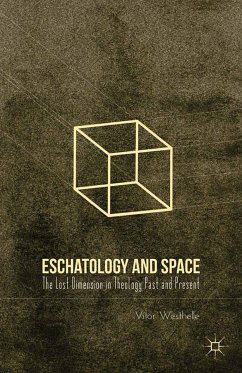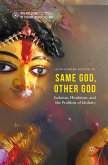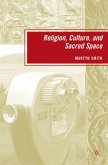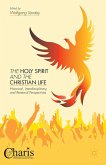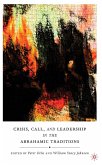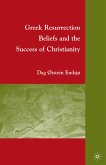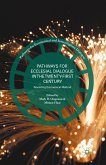Dieser Download kann aus rechtlichen Gründen nur mit Rechnungsadresse in A, B, BG, CY, CZ, D, DK, EW, E, FIN, F, GR, HR, H, IRL, I, LT, L, LR, M, NL, PL, P, R, S, SLO, SK ausgeliefert werden.
"Eschatology and Space is the best book on theology that I've read in the past ten years. Westelle is right: starting with experience and vulnerability as spaces for divine revelation, he builds towards a new vision of eschatology in which salvation and condemnation are not only topics to ponder but rather realities that are already alive." - Elsa Tamez, professor at Latin American Biblical University, researcher at Ecumenical Department of Investigation (DEI), Costa Rica
"This is Westhelle at his best! Westhelle overturns thenear-absolute priority given to time over space in Christian eschatological thinking, demonstrating that such opposition is not biblical, but rather the outcome of a particularly western view of history. He makes the biblically and theologically persuasive case for 'latitudinal' eschatological categories such as crossing and place that can speak to migrants, the landless and all who experience the eschata at the margins today." - Barbara Rossing, author of The Rapture Exposed: The Message of Hope in the Book of Revelation
"Until now Christian eschatology has been interpreted only in terms of its temporal dimension. Vitor Westhelle has undertaken a remarkably creative rethinking of this in terms of its spatial dimension through the effective deployment of post-colonial and post-structuralist perspectives. The book will be indispensable for all who are interested in understanding eschatology and exploring new possibilities of eschatological meaning." - Ted Jennings, professor of Biblical and Constructive Theology, Chicago Theological Seminary

